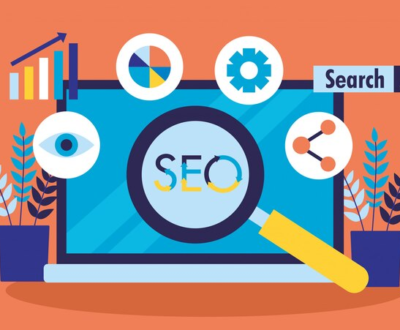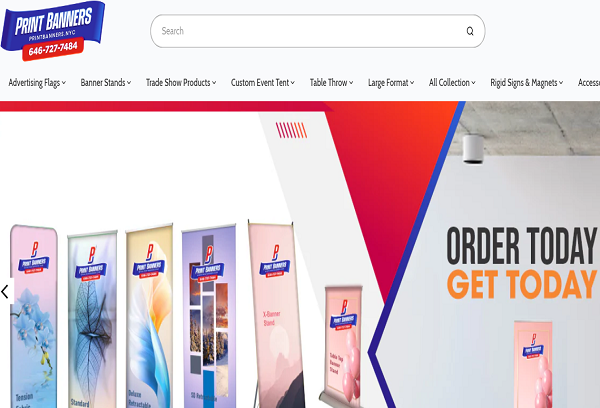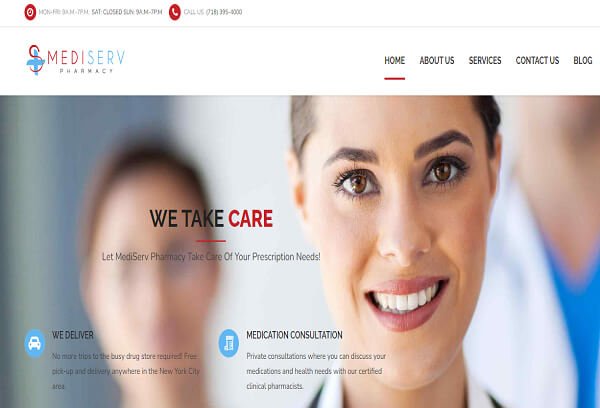Should Your Early-Stage Startup Invest in SEO? Four Questions to Consider
- October 16, 2024
- SEO

In my experience working with numerous early-stage startups to establish traction through SEO campaigns, I’ve seen many of them successfully use PPC strategies as well.
Often, due to limited budgets and staff resources, startups can only choose one approach at a time. This dilemma frequently arises when individuals contact me through personal messages, Slack groups, or other forums, asking if they should invest in SEO or paid advertising during their initial launch stages.
To guide them towards a suitable decision, I ask the following questions:
- Is immediate revenue necessary, or can you afford to build a foundation for gradual growth?
- How well do you understand your target market and ideal customer?
- What does your target keyword list look like?
- How effective is your website?
Let’s explore potential responses to these questions and how they should shape your priorities.
1. Is Fast Growth or Steady Growth More Important?
You may have already guessed my stance on this: If you require quick revenue, PPC is generally more advantageous than SEO (provided you have a solid PPC plan). However, keep in mind that PPC is transient; you pay for each click repeatedly.
In contrast, with SEO, you’re establishing a foundation for sustainable growth that, under ideal conditions, takes weeks or even months to gain traction, especially on Google.
(Note: It’s beneficial to diversify your strategies by including platforms like TikTok, Reddit, and Quora in your organic approach, as content on these platforms can yield faster engagement.)
When advising brands on whether to invest in SEO early on, I emphasize three key points:
- Establishing an SEO foundation from the outset enhances all digital marketing efforts (including content, website architecture, site speed, and conversion optimization) and creates a reliable source of “free” traffic.
- SEO relies heavily on education and content creation, both of which are crucial for early-stage growth. Startups need to introduce themselves and educate users about the necessity of their innovative products or services.
- SEO offers cumulative benefits that grow over time. As you begin to rank for one keyword or develop authority in a specific category, it becomes easier to rank for additional keywords, making early investment advantageous.
2. How Well Do You Understand Your Market and Ideal Customer Profile (ICP)?
If you have a deep understanding of your market, including competitors, CPCs/CPMs, and your company’s unique differentiators, there may be less urgency to dive into SEO right away. However, you should still focus on creating content that clarifies your unique value proposition.
One significant advantage of SEO is its ability to position you in the market, helping users understand your identity and role. Additionally, it fosters a nuanced feedback loop that can highlight any misconceptions you might have about the market or your most valuable users.
Both SEO and paid search can provide insights into various metrics, such as:
- Low impressions/CTR (indicating your content isn’t resonating).
- Time spent on page (suggesting your content doesn’t meet user needs).
- Conversion rates (showing you may have the wrong offer for that stage of the funnel).
- And more.
The key distinction is that SEO doesn’t require payment for unproductive clicks/CPMs to obtain this information. If you’re confident that you don’t need to conduct this type of research, that’s great. However, if you feel there’s more to learn about your market, it may not be the right time to launch extensive paid campaigns.
3. How Specific Are Your Keywords?
Trust me—along with any competent paid search professional—relying on broad keywords or automated bidding and targeting algorithms like Performance Max isn’t advisable for achieving positive revenue returns.
If you have a handful of specific keywords with substantial search volume and intent and a compelling offer, consider investing in paid campaigns.
While those keywords might also be suitable for your SEO efforts, SEO encompasses more than just a sound keyword strategy. Modern search algorithms now factor in natural language, context, topic authority, user intent, and semantic relevance. Simply stuffing a few pages with exact keywords won’t suffice.
If your priority is to engage customers on a variety of related topics and build authority in your industry, SEO could be an excellent starting point.
4. How Effective Is Your Website?
Recall my earlier point about SEO necessitating a more holistic marketing approach?
If your website is slow, cluttered, confusing, unappealing, or not mobile-optimized, and you need short- to medium-term growth, it’s wise to focus on creating a few PPC-friendly landing pages for your campaigns. Invest significant resources in improving your website before you start producing valuable content.
Conversely, if your website is fast, user-friendly, and easy to navigate, you already have a solid foundation for content-driven growth. This should certainly influence how you allocate your resources.
Weighing SEO Against Paid Search for Your Startup
Several additional factors should be considered, including burn rate, available funds, team strengths, and the competition or CPC levels of your targeted keywords. If you’re still uncertain after evaluating your answers to the questions above, dig deeper into these elements.
If you remain undecided, choose one approach and commit to it. Before doing so, however, ensure you have a plan to measure results, assess the success or failure of your campaigns, and adjust as needed.
By considering these critical questions when deciding between SEO and paid advertising, you can make informed choices that align with your startup’s growth goals. If you’re looking for expert guidance and support to enhance your online presence, look no further than Earn SEO. As the best SEO company in Brooklyn, New York, we specialize in crafting tailored strategies that drive sustainable growth and visibility for early-stage startups. Let us help you navigate the complexities of digital marketing and build a solid foundation for your business’s success.
Earn SEO was established in 2011 by Devendra Mishra, a highly educated professional with varied training and experience. Mr. Mishra is responsible for business development, attracting new Earn SEO partners, and interacting with clients, the media and press, and acting as Brand Ambassador.
Devendra Mishra
Founder





































